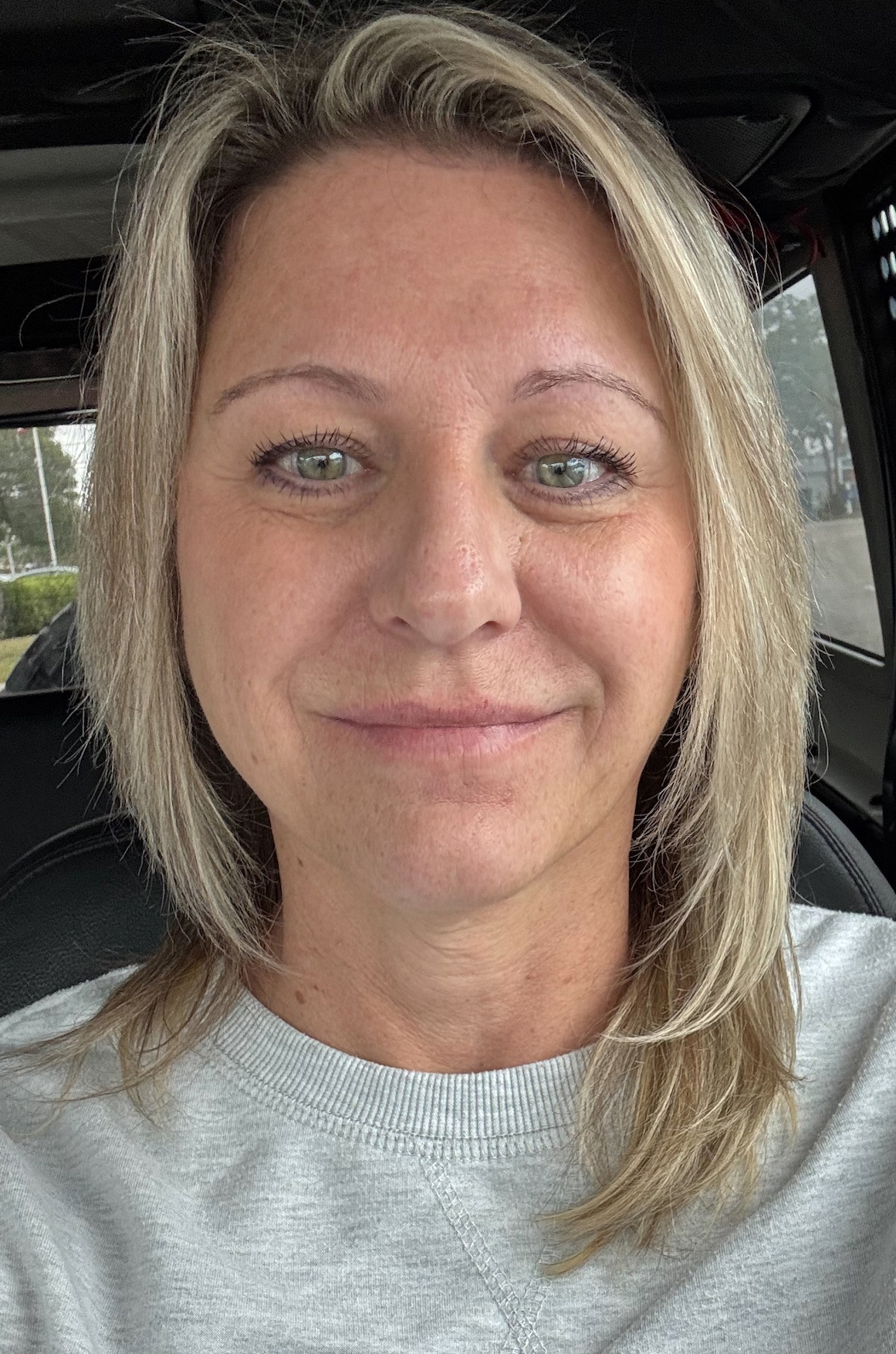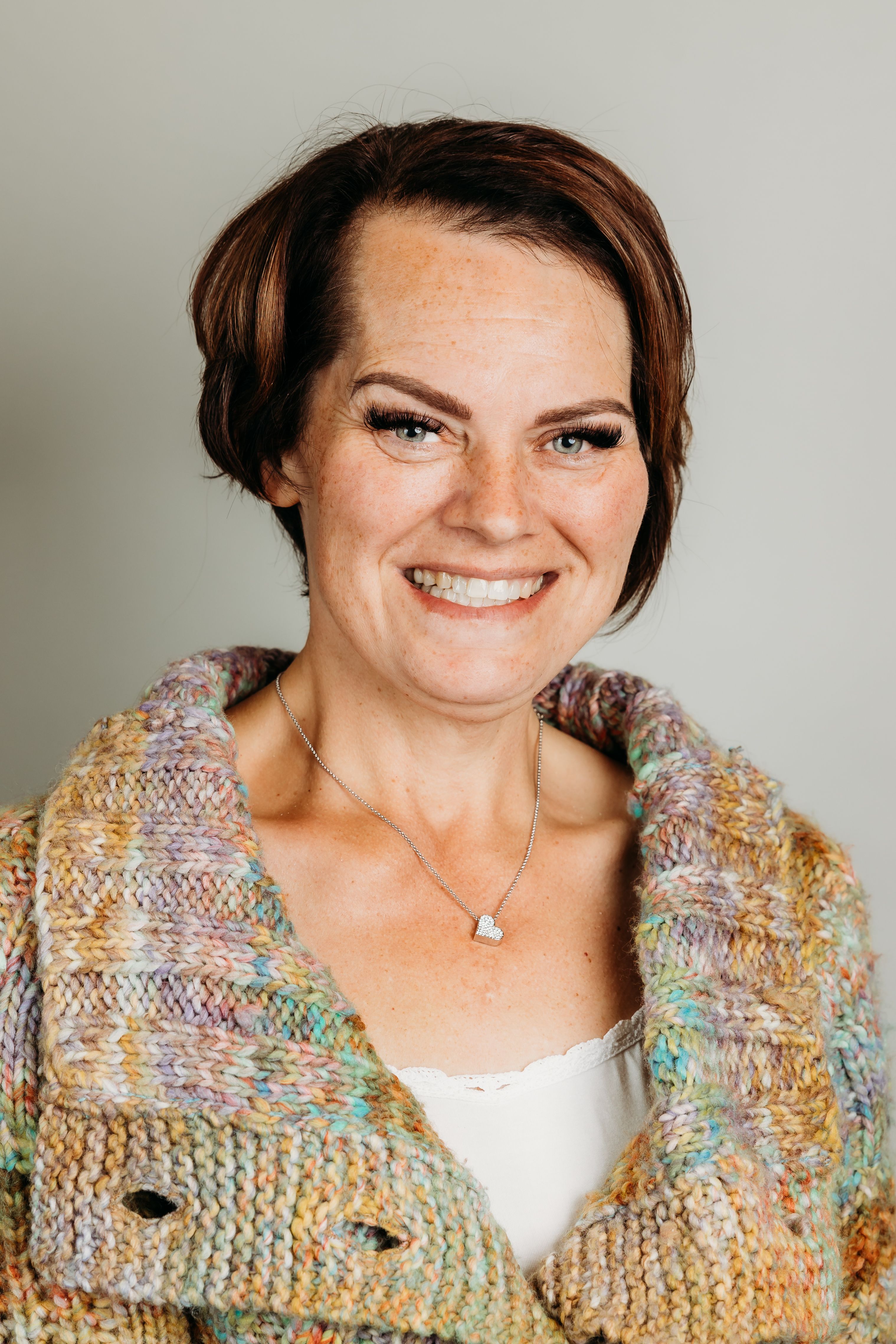
Q: How long have you been an Ukeru trainer?
A: 3 years!
Q: What population do you work with?
A: Brighter Transition Youth Treatment Center/Falls Academy works with teenagers who have been committed to either Department of Corrections or Department of Social Services. We serve both females and males and are located in Sioux Falls, South Dakota.
Q: What inspired you to get into this field?
My inspiration truly came from the staff team I worked with on a day to day basis. During the start of my career at BTY/FA, I watched their daily interactions with students and with other staff. I am constantly learning new things from them and strive to be as great of a staff member as they are.
Q: What part of Ukeru do you enjoy teaching the most and why?
A: My favorite part of the Ukeru training is the brain section. How trauma impacted the brain really didn’t click until I completed the initial training. I geek out every time!
Q: What would you say to someone who is unsure about using Ukeru?
A: Trust the process. Change is always difficult but it’s a good change and extremely worth it when your students can start to identify that your job is not to restrain them but to keep them safe.
Q: What advice or tip would you give to a new Ukeru trainer?
A: Practice makes perfect. The more you practice the content, the more comfortable you are with it. Also, be yourself. The notes in the manual are there to help guide you; however, providing examples that are relevant to your facility is extremely beneficial.
Q: How has Ukeru impacted your life?
A: It’s allowed me to interact and communicate with our students in a more effective manner. I used to enter escalated situations with full energy and would only make it worse. It’s more natural to grab an Ukeru pad first, than to go hands on. We’re able to prevent re-traumatizing the student and all staff involved.
Q: What is your favorite quote or a motto that you like to live by?
A: “People inherently want to do well, and those with disabilities and/or trauma are no exception. When we see an individual struggling, it is our responsibility to figure out why and teach the skills necessary for success.”
Q: What three words would you use to describe Ukeru?
A: Patient, effective, and invaluable.




